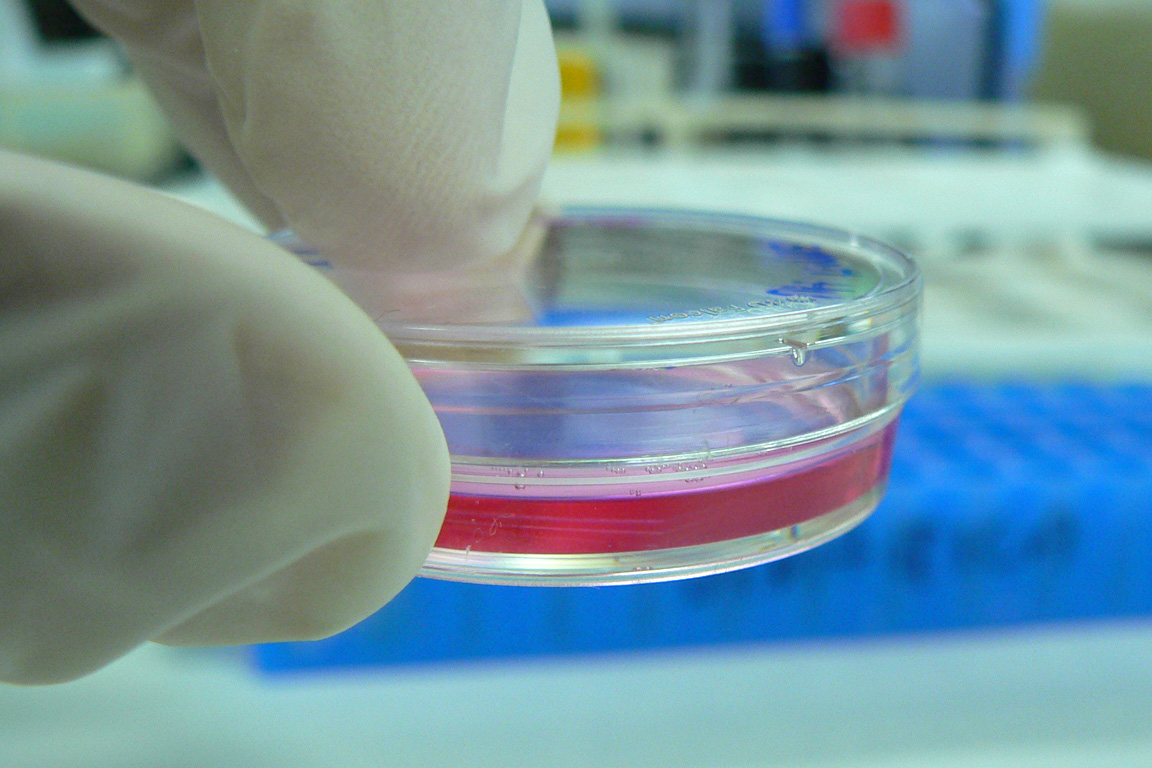Planned Parenthood is under scrutiny over their alleged involvement in fetal tissue research. The Center for Medical Progress, an anti-abortion group, has now released three different secretly recorded videos of Planned Parenthood employees discussing fetal tissue. While the videos don’t provide any concrete evidence that Planned Parenthood is illegally profiting from fetal tissue donation, critics say the video certainly raises questions about how fetal tissue donation is done.
Republican lawmakers have responded swiftly with calls to defund Planned Parenthood, and Texas is no different. Texas Attorney General Ken Paxton’s Office says they’ve obtained a video, similar to three already released, that may have been recorded inside of a Planned Parenthood clinic in Houston. The video has not been seen by the public or released to the media, but it’s believed to have been footage obtained surreptitiously by the same group behind the other videos: The Center for Medical Progress. A Texas legislative committee has also been established to investigate the allegations against Planned Parenthood’s “business practices”.
Two central questions remain — When is it legal to use fetal tissue for research? And is it ever ethical to do so?
John Robertson is a professor at the UT School of Law and a former chair of the Ethics Committee for the American Society for Reproductive Medicine, and he says the legality of the practice all comes back to money. Robertson explains that while the commercial traffic of body parts from an aborted fetus is 100% illegal, “that applies only to payments beyond reasonable expenses for removal, transportation, processing, preservation, and such. So there’s no question that a provider of tissue from an abortion clinic may receive payments for the expenses involved in making the donation.” Payments for tissue is fine — it’s the profits that are a problem.
So if Planned Parenthood can only receive compensation for expenses related to the donation, are there any limits to the amount of fees that can be charged? “No, but it certainly could be audited to see how much personnel time it requires of a clinic to preserve, process…” Robertson says. “The 76 million dollars from the National Institute of Health… only a very small part of that would be for tissue. Most of it would be for researchers’ equipment, etc. Secondly, those companies have their own processing costs after they obtain tissue.”
Robertson explains that there are a lot of costs associated with fetal tissue research that the layperson may not know about. “There are considerable expenses involved in isolating certain material, so those costs have to be covered,” he says. So what about the companies like STEMCELL or StemExpress that make profits off a tissue sales and research? “If it’s a for-profit organization, there has to be some recognition of some reasonable degree of profit there, but that’s just standard with any tissue processing firm,” Robertson says. “It is true that there is no precise statement in the law itself [with regard to limits on costs, even if the costs might include some profit.”
Supporters of Planned Parenthood’s work have likened the practice of fetal tissue donation to organ donation, and Robertson says that’s a fair assessment. “It is like organ donation in that there has to be consent from the donor or the family if the patient has died,” he says. “And like solid organ transplantation, there can be no payment other than reasonable costs of processing tissues, so it’s parallel to that. Fetal tissue is human tissue, so it can be donated.”
Critics raise the point that since the tissue donor in this case is an infant, informed consent is impossible. But Robertson disagrees with that argument. “Even if one regarded the fetus as a child, if that child has died … the parents would still have the right to determine whether the tissue is donated,” he says.
But some bioethicists argue that the mother’s choice to abort the pregnancy in the first place makes her unable to give any morally legitimate consent. “As long as she’s not having the abortion solely to get fetal tissue, if she’s otherwise entitled to have the abortion, she would be the one who has legal authority to determine what happens with the fetal remains,” Robertson says.
“If a parent determined that treatment had to be withheld from a very sick child, then that parent would choose whether those organs are donated.”















